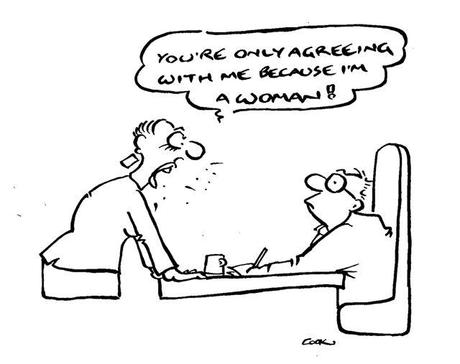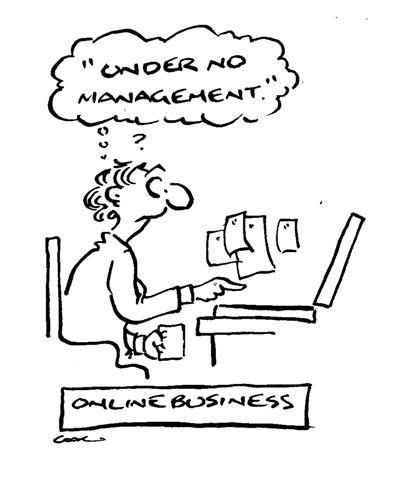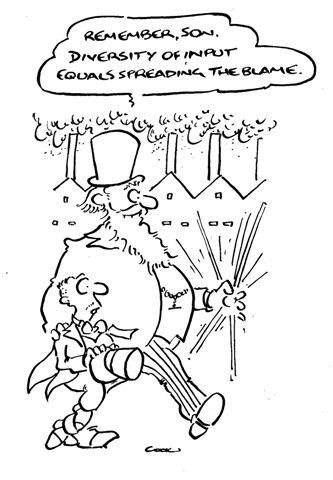 How diversity counters complexity.
How diversity counters complexity.
The real driver behind the diversity debate is not social justice for women or minorities; it’s the need for better decision-making. The business environment is not just more complicated. It’s also more complex. Managing complexity requires diverse input.
For complicated systems, there is usually a road map. The manufacturing assembly line was complicated but if you followed the manual you could manage the process. Complexity is another matter. It’s about the growing inter-connectedness of the business landscape.
It looks simple but it’s complex.
A virtual business is a good example. You can start an online shopping mall tonight. Click and drag a selected manufacturer’s range over to your site. Bolt on a shopping cart and a payment system. Start taking orders and 
This is a hands-free business. You don’t touch the stock or meet the customer. There’s no warehousing. You don’t package the product or deliver it. Just collect the money up front, pay the manufacturer’s invoice and keep your commission.
But you are no longer in charge. Anything could go wrong and you wouldn’t know it. Even then, you probably couldn’t do much about it. Group buying sites are already finding this to their cost.
Inter-connectedness is a feature of modern business, be it a virtual mall or a global corporation. A failure in one area leads to knock-on effects that could not have been easily predicted.
In the financial crisis, business laid off risk in derivative markets. It made a lot of sense until those markets failed. The complex nature of derivative products meant the problem was contagious. Failure went viral.
Diverse input increases the chance of getting it right.

That includes the smartest people in the room. Research suggests smart people make better decisions when they work with not-so-smart people. Mixed-ability teams regularly outdo all-star teams. They generate more ideas and come up with simpler solutions which are easier to implement.
Doubters are useful too. A 2009 Princeton study found those who make the worst predictions tend to be those who are most certain they are right.
In finance, a lot of those certain people are also men. A landmark analysis of 35,000 investors published in MIT’s Quarterly Journal of Economics showed male investors to be significantly overconfident, trade more on the back of that confidence and to underperform female investors as a result. What does that tell us about the last five years in finance?
It also suggests the best structure for managing in a complex world is the one with the broadest perspective; where the level of complexity is matched by the diversity of input, be it smart or dumb, male or female, like you, or completely different. That’s the real driver behind the argument for diversity.
For better decisions in a complex world, get some contrary thinking into your management dialog.


